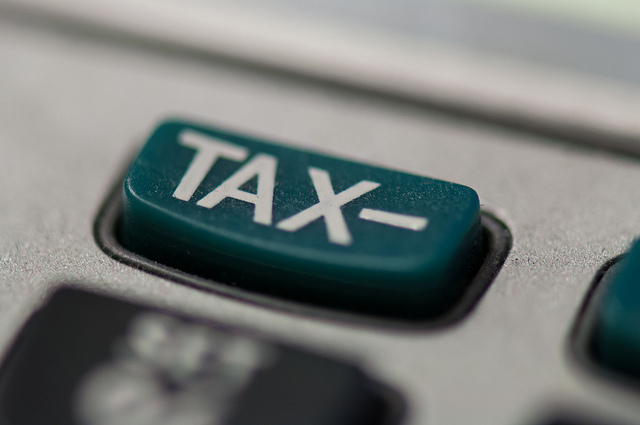Aldermen Mulling Over City Income Tax Proposal
By Danette Chavez in News on Jun 12, 2015 6:45PM
When you've lived in Chicago long enough, it can often feel like you're being taxed (directly and otherwise) on just about everything. And now, with a budget crisis and a plummeting credit status, it looks like city officials are eyeing a tax on personal income to stop the financial bleeding.
A city income tax has been proposed before; Mayor Rahm Emanuel dismissed the idea last year when it came up as one of several revenue-generating ideas. But now that the city's credit status has been downgraded yet again, the idea is being revived by city council members.
Ald. Joe Moore (49th), one of the mayor's most vocal allies, has made statements in support of a city income tax. He described his ideal scenario for a personal income tax as "a graduated income tax that would be pegged at peoples' ability to pay."
Moore also suggested that the tax would only be implemented on income over a certain level, affecting mostly high earners. There was a mixed response from his fellow council members: While Ald. Walter Burnett (27th) said we ought to "spread the pain across the city" (which is exactly how you want your government officials to discuss budget planning), Ald. James Cappleman (46th) said he opposes the idea (for now).
But Ald. Jason Ervin (28th) shot down the proposal of a new flat tax, telling WTTW that he felt:
"another flat tax would be regressive on a majority of citizens in our city. We already have a flat income tax in the state, so to add another flat tax would not be a step in the right direction."
There are other aldermen who are also trying to hold off on making another grab at individual taxpayer dollars. Ald. Carlos Rosa (35th) said the council needs to ask "the rich to pay their share." His ideas include a tax on trades at the city's financial exchanges.
If approved, Chicago would join several of the country's largest cities, including New York, San Francisco and Philadelphia, in taxing wages. But that's currently a big "if"—state law requires that the income tax be a flat tax, but a multi-tiered approach may be what's required to ensure that those with the least ability to pay aren't unduly burdened.
